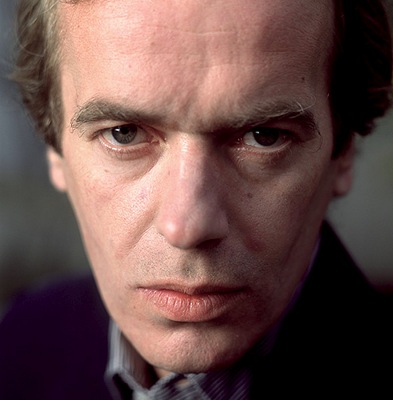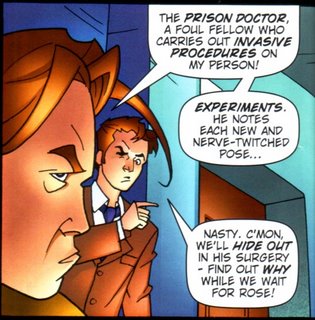For a few years I lived in a remote part of Welsh-speaking Wales, studying at the smallest university college in Britain. One day, during a trip to the local shops, an old man came up to me and started talking in Welsh. I apologised for not understanding him and asked him if he spoke English (apparently there are several thousand Welsh speakers in Wales who can't speak English). 'Well the thing is, I've lost my tractor' he replied. 'I came into town for market day and now I can't remember where I've parked it. I don't know what I'm going to do.' I wasn't sure what I could do, but he seemed so old and vulnerable that I felt that I had to help him somehow.
As we walked along the road in pursuit of the missing tractor, the farmer turned to me and said 'You're young. I've got one piece of advice for you.' I waited with bated breath for some piece of life-changing wisdom. 'On the back of a photo, always write the date and names of the people. I've got hundreds of old photographs and I don't know who they're of or when they were taken.' I listened politely, but didn't really take him seriously. A few minutes later we bumped into a friend of his whose expression suggested that this wasn't the first time the tractor had been lost. As we bid each other goodbye, the farmer said 'Remember. Always write the names and dates on your photographs.
Diolch yn fawr.'
I never thought about the farmer's words again until last year, when my father died and I discovered boxes full of photos of people I didn't recognise and places I'd never been to. I managed to work out who some of the people were, but there were some who would remain a mystery. Death is so bloody final.
I found one badly damaged photo of a group of soldiers in the First World War and was about to chuck it in the box of unknowns when I realised that one of the men was my grandfather.

It was sad to see the photo in such poor condition, so I scanned it and cleaned up the image, courtesy of Photoshop. I'm quiet pleased with the result:

My grandfather is standing at the back, third from the right and must have been a teenager when the picture was taken. During his time at the Front, he would be shot at, gassed and endure hardships that I can only begin to imagine. He joined the army before he had a chance to learn a trade and was never able to achieve his potential, but thanks to his tenacity and determination, Grandad was never out of work.
Grandad was a Cockney 'rough diamond'. He was not an educated man, but gained the respect of others through his honesty and capcity for hard work. At one point he worked on the London Underground and fell on an electric line. He suffered from severe burns but in the 'good old days' he wasn't entitled to paid sick leave and had to take his two-week annual holiday to attend a burns unit. He found a hospital on the coast and took his wife and sons with him so that they could enjoy the seaside whilst he recovered.
During the Second World War he joined the Home Guard. I have no idea how he managed to find the time to do this as he was cycling a round trip of 26 miles a day to work, avoiding the potholes left by the previous night's air-raid. When I sometimes complain about my drive to work I think of Grandad, cycling from Twickenham to Edmonton in the middle of winter and I feel humbled by his example.
But I digress. Returning to the Welsh hill farmer, I am going to belatedly take his advice. I haven't lived long enough to forget the people and places in my photos, but I have seen how frustrating it is to be confronted with a box full of unmarked pictures of people who might or might not be your great-grandparents. I'll start doing it now.



 He doesn't look like a man who could kill with his bare hands
He doesn't look like a man who could kill with his bare hands This is a Chris Ryan, but not the Chris Ryan
This is a Chris Ryan, but not the Chris Ryan He doesn't look like a man who could kill with his bare hands
He doesn't look like a man who could kill with his bare hands This is a Chris Ryan, but not the Chris Ryan
This is a Chris Ryan, but not the Chris Ryan










